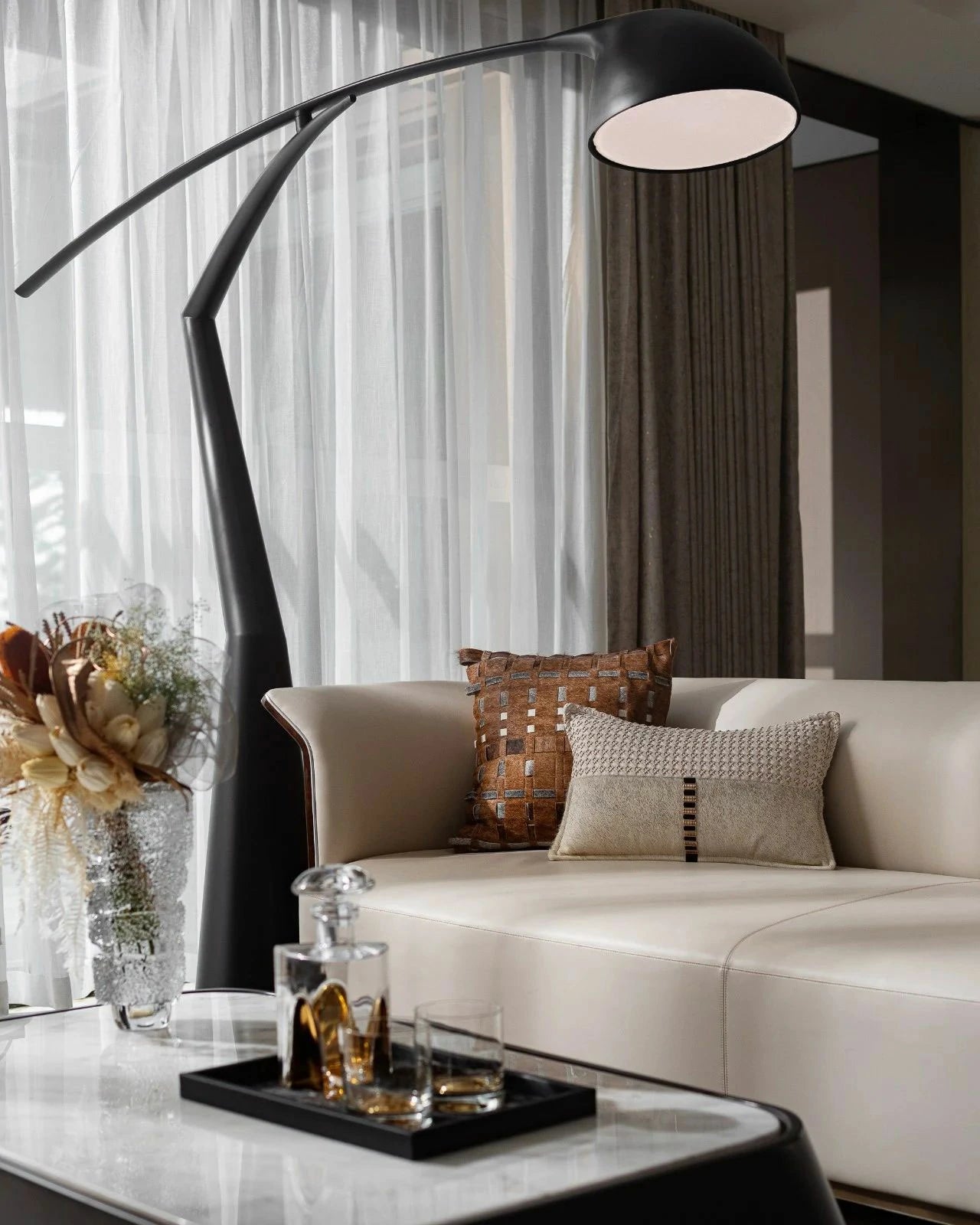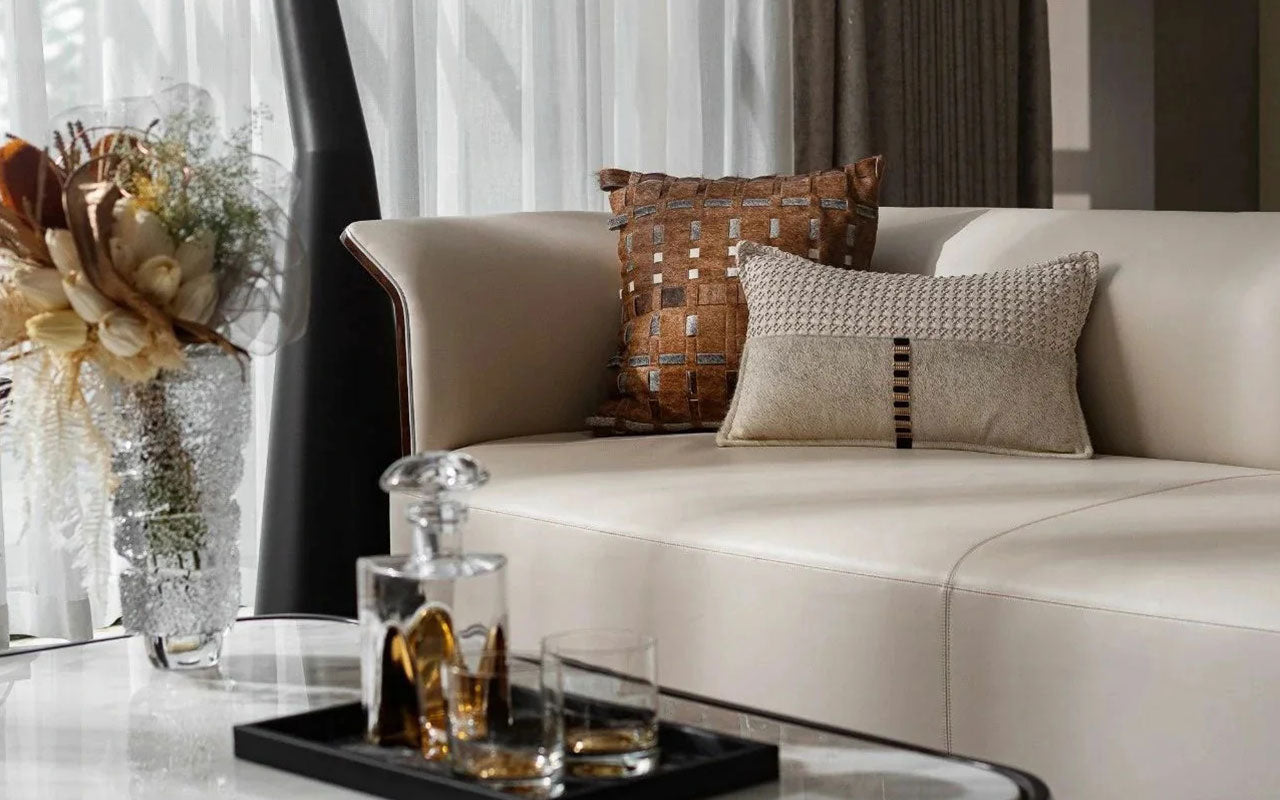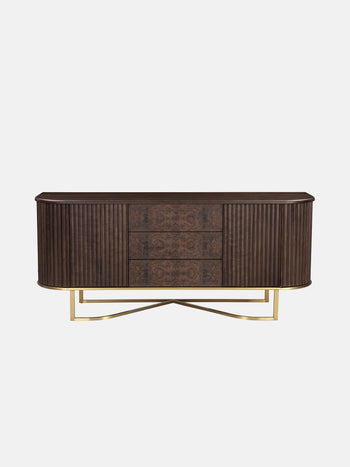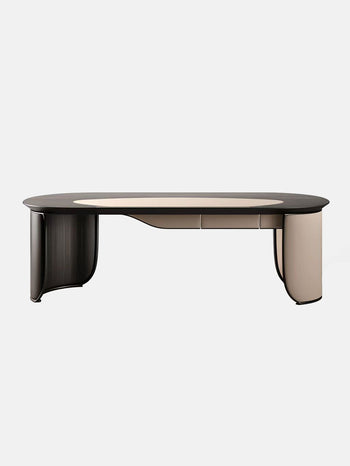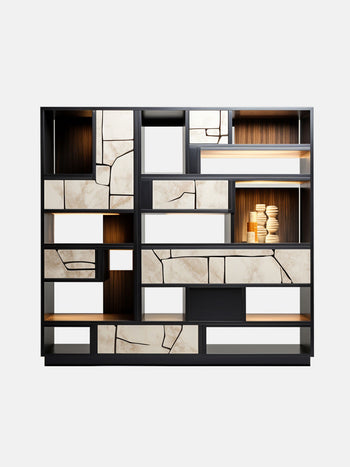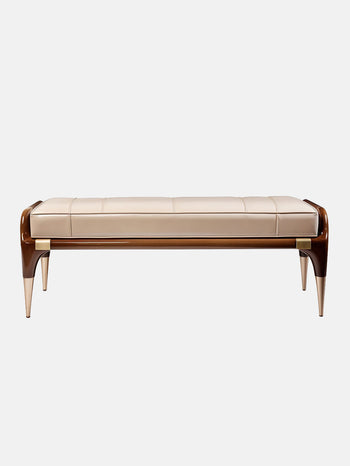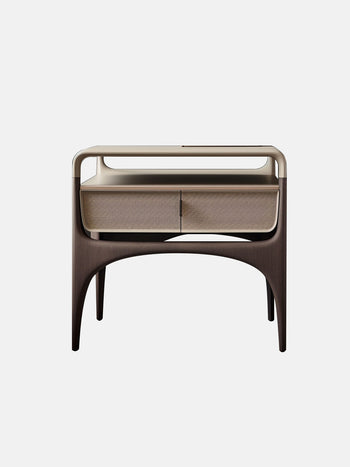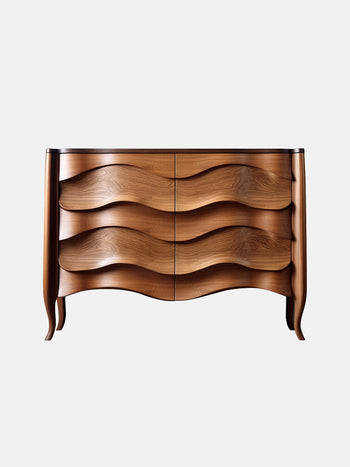Symbiosis of Natural Textures and Futurism: A Poetic Deconstruction of the Wave Bed in Xianghu No.1 Master Bedroom

Introduction
At Xianghu No.1, a villa enveloped by lakes and mountains, furniture transcends utility to become a materialized poem of its owner’s life journey.

The master bedroom’s wave bed, centered on "natural folds" as its narrative thread, intertwines material contrasts, structural deconstruction, and light interactivity to reinterpret Zhu Chenhui (Snow Pear)’s fashion industry acumen and designer Zhang Lei’s craftsmanship philosophy—defining it as "a breathing sleep container."

Living Room | Prelude to Wild Luxury

A 7-meter-high raw stone wall and LASVIT crystal chandeliers establish primal tension, but the true drama lies in the laser-etched growth rings on the sofa wall.

These weathered textures prelude the wave patterns of the master bed. Scattered biomorphic animal sculptures and jungle-print chairs lead the eye to an unfinished oak stump coffee table in the stairwell—its unpolished cross-section hints at the bed’s "unfinished aesthetic" inspiration.

Dining Area | The Philosophy of Time-Tested Tables

The dual dining tables conceal ingenuity: natural wormholes in the wood contrast with titanium-alloy-welded suspended legs.

This "rawness meets precision" evolves in the headboard design—gypsum plaster waves hide German birchwood mortise skeletons, each curve tested 72 times for mechanics, echoing antique ship helm collections while aligning with spinal curves.

Guest Lounge | Awakening Modular DNA

The sunken lounge’s modular sofa units foreshadow the bed’s logic. Freestanding upholstered modules in Italian Alcantara biomimetic fabric—honeycomb-structured for support yet transformable into nighttime workstations—peak in the bed’s hexagonal tiling system.

Twelve interlocking units reconfigure into L-shaped reading nooks or floating bay windows, mirroring the owner’s spatial fluidity between New York apartments and Xianghu villas.

Bedroom | The Wave Bed’s Material Revolution

The wave bed is the architectural crescendo. Its headboard layers tripartite craftsmanship: a laser-cut stainless steel base mimicking Xianghu’s ripples, a 3cm natural latex core with 3D-woven breathable pores, and Spanish linen embossed with dynamic waves.

A carbon-fiber-reinforced Canadian maple composite frame sheds 40% weight while bearing 300kg.

Hidden optics elevate the experience: 1,200 optical fibers under the bed shift cyan hues with daylight, simulating water depth. Pressure sensors in the mattress trigger cedarwood aromatherapy via hidden vents, completing a sensory loop.

The floating nightstand layers hinoki and acrylic into "ice crack" visuals, its magnetic sliders leaving only light trails—a gravity-defying sanctuary against urban anxiety.

Conclusion | The Spatiotemporal Philosophy of Sleep Containers

From raw stone textures to organic waveforms, the bed encapsulates Zhu Chenhui’s transcontinental memories. It reinterprets Milan Design Week minimalism through Jiangnan boatyard mortise techniques, merging tech fabrics with natural grains.

At dusk, fibers sync with Xianghu’s reflections; sensors dance with aromas. This "thinking sleep container" transcends rest—it weaves New York runway backdrops and Xianghu tea garden moments into tactile poetry.

True luxury isn’t material stacking, but furniture as keys to unlocking memory capsules. The wave bed is Snow Pear and Zhang Lei’s love letter to time.
Design Team | Zhang Lei
If there's infringement, please contact for removal.
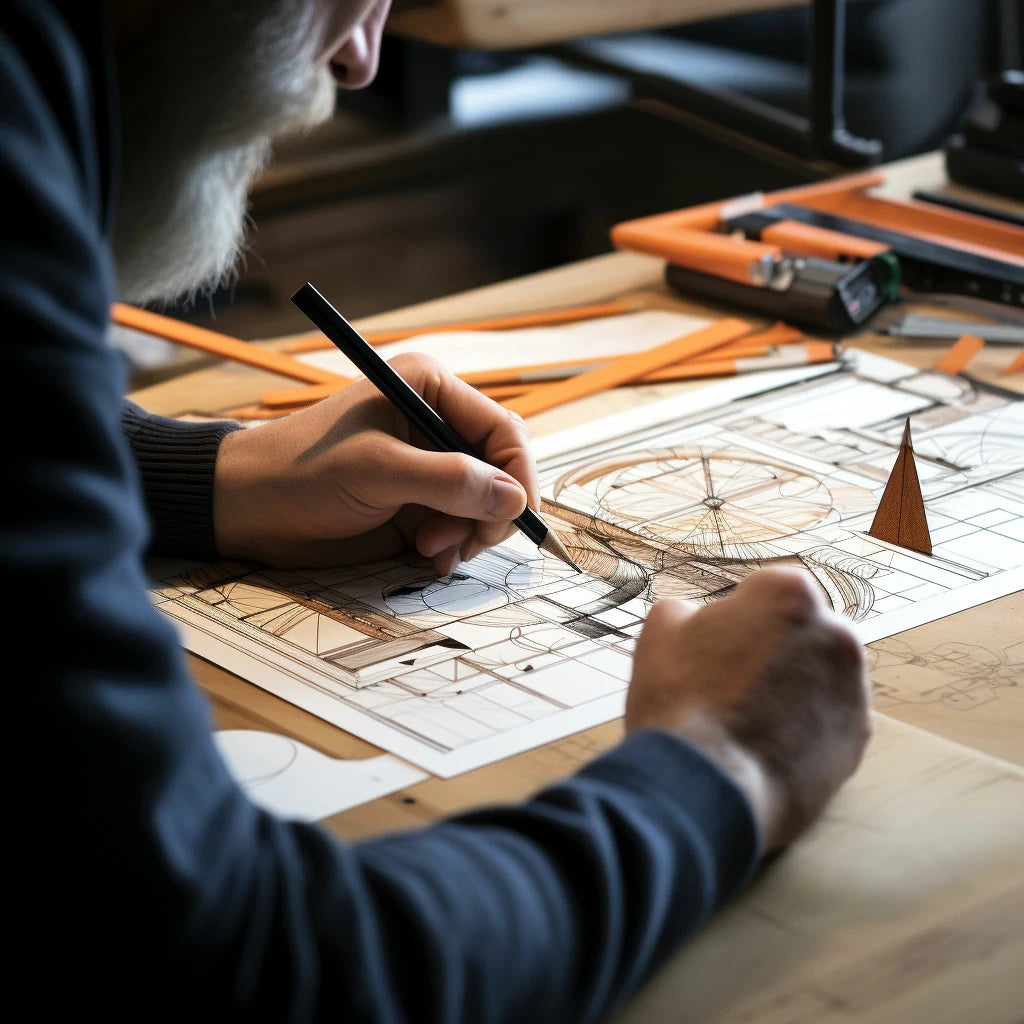 New Creative
New Creative
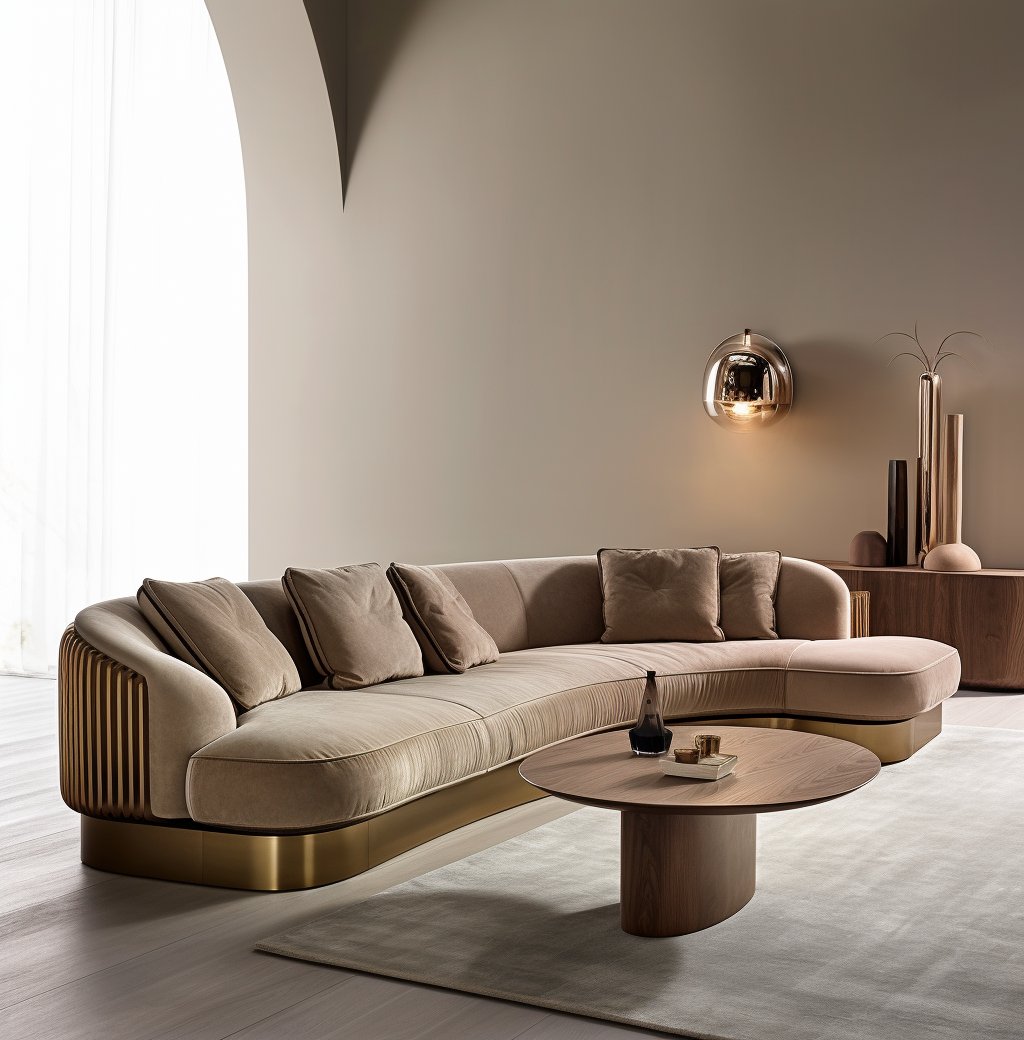 Best Sellers
Best Sellers
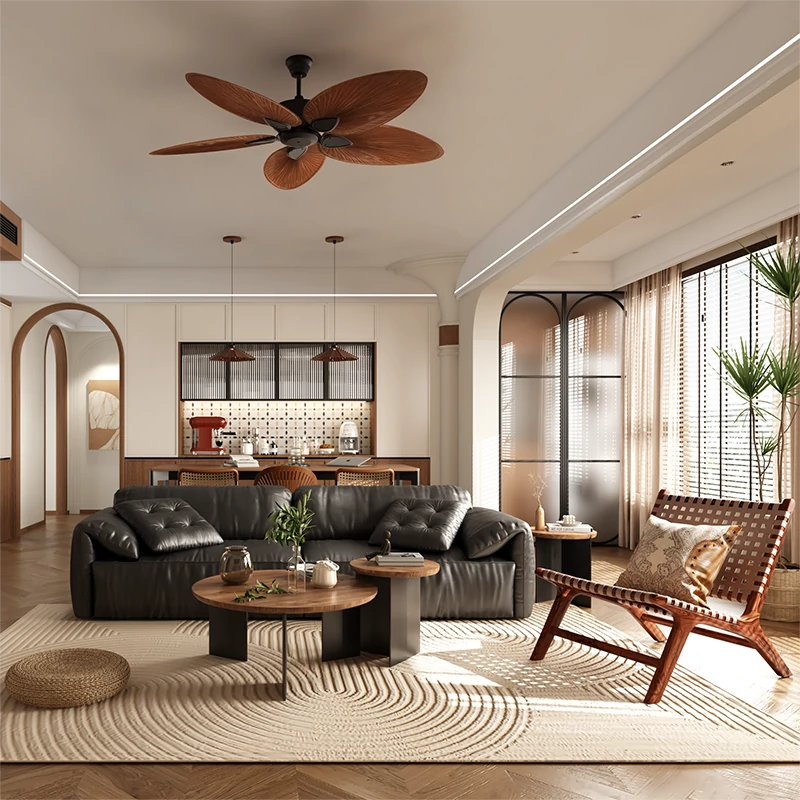 Shop The Look
Shop The Look
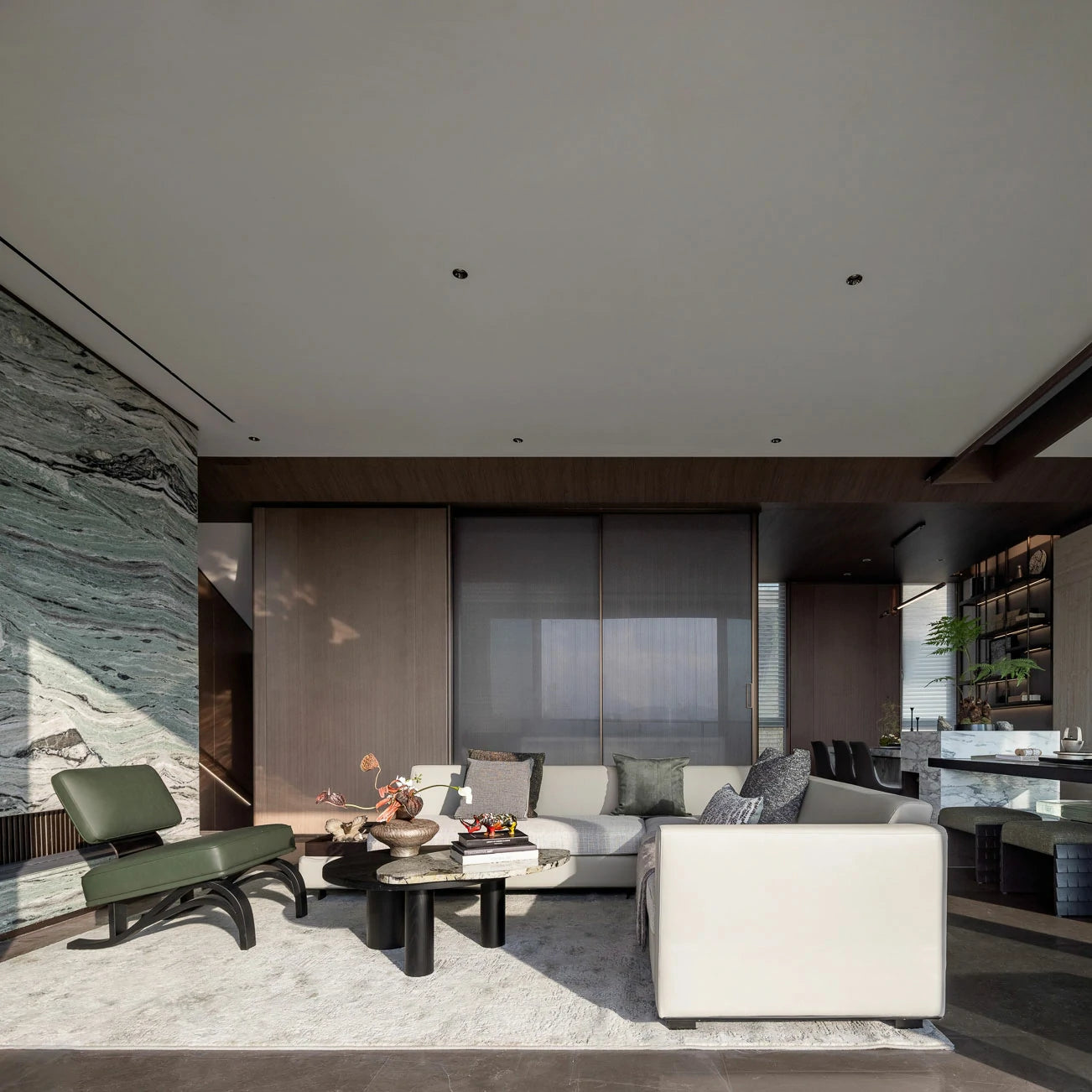 New Room
New Room
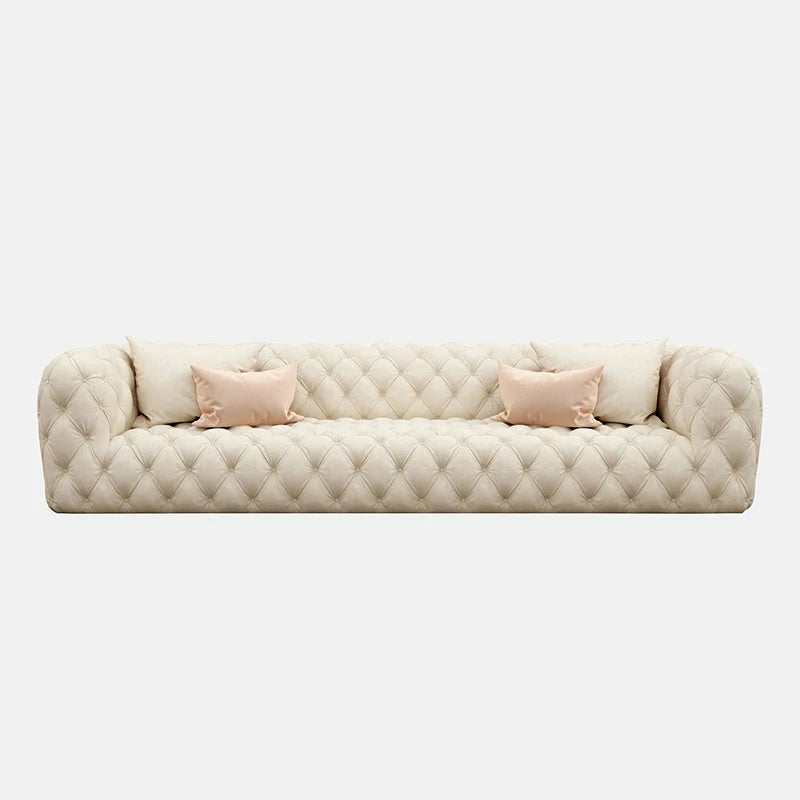 Sofas & Seating Systems
Sofas & Seating Systems
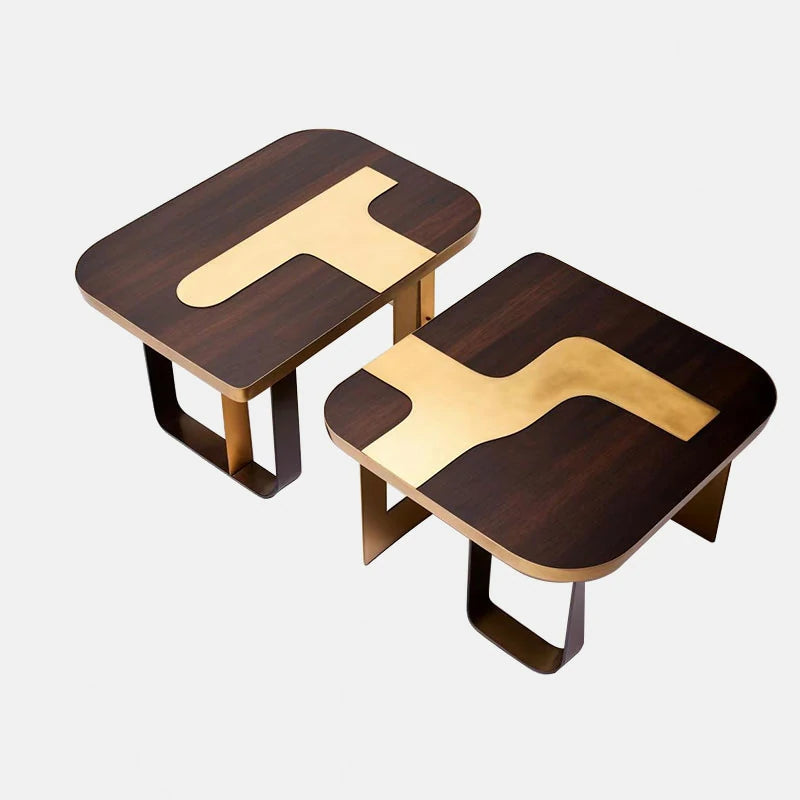 Coffeetables & Sidetables
Coffeetables & Sidetables
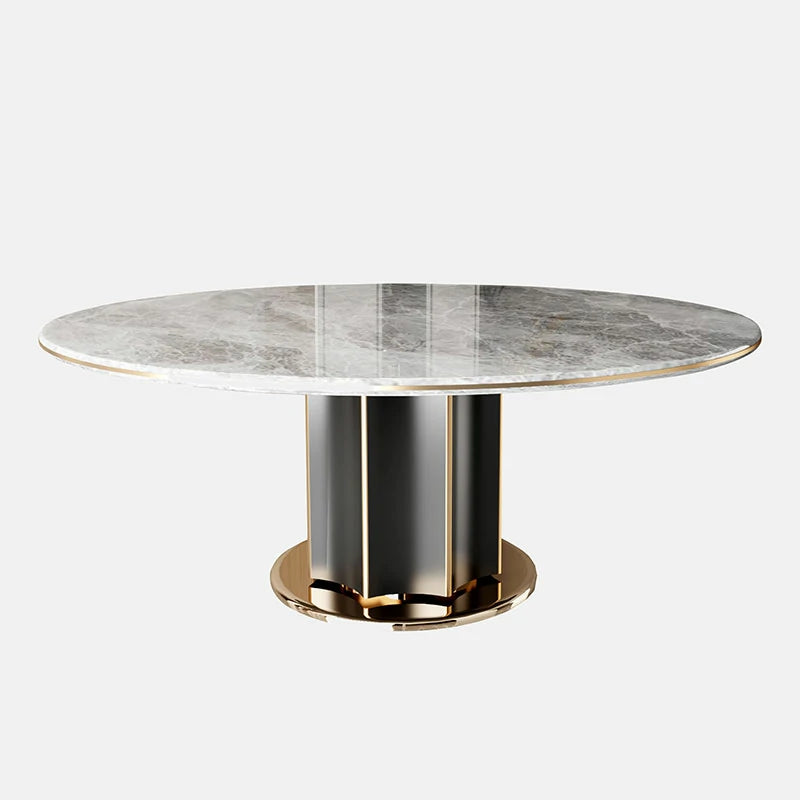 Tables
Tables
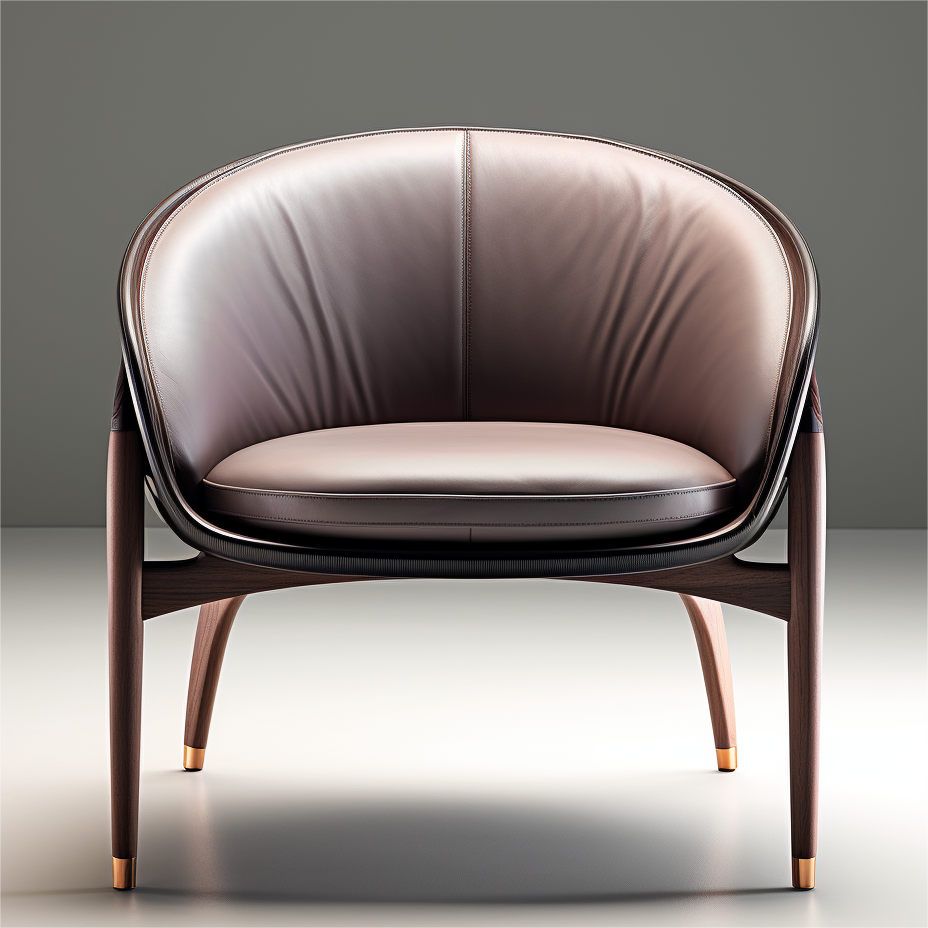 Chairs
Chairs
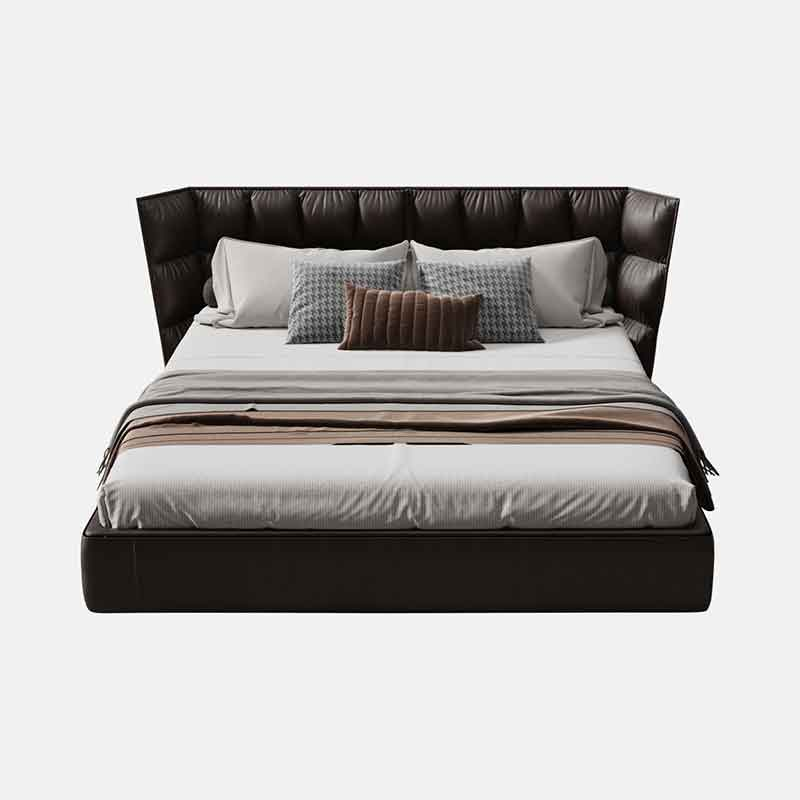 Beds
Beds
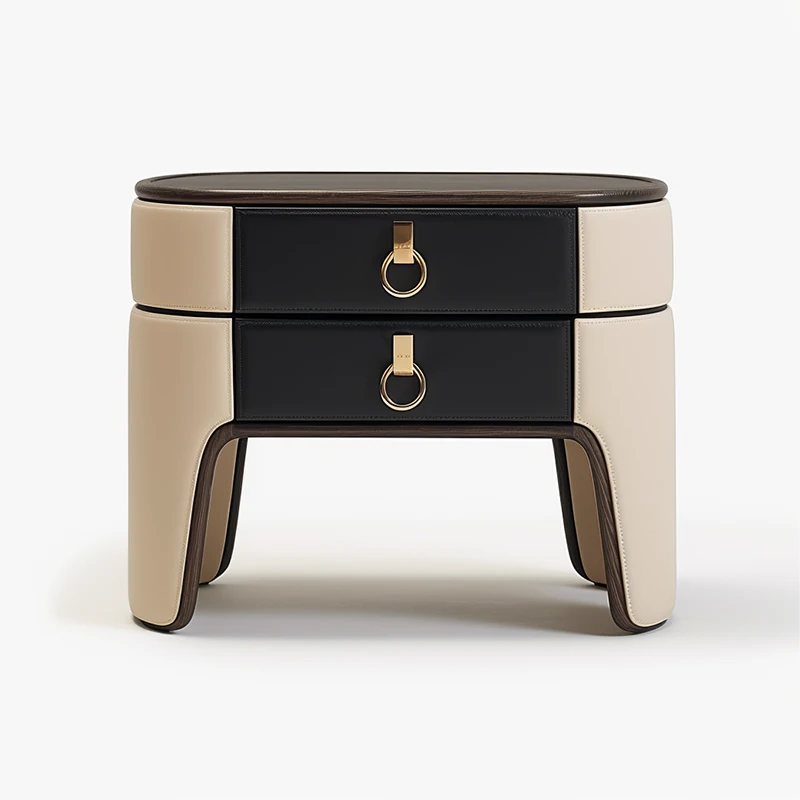 Nightstands & Vanities
Nightstands & Vanities
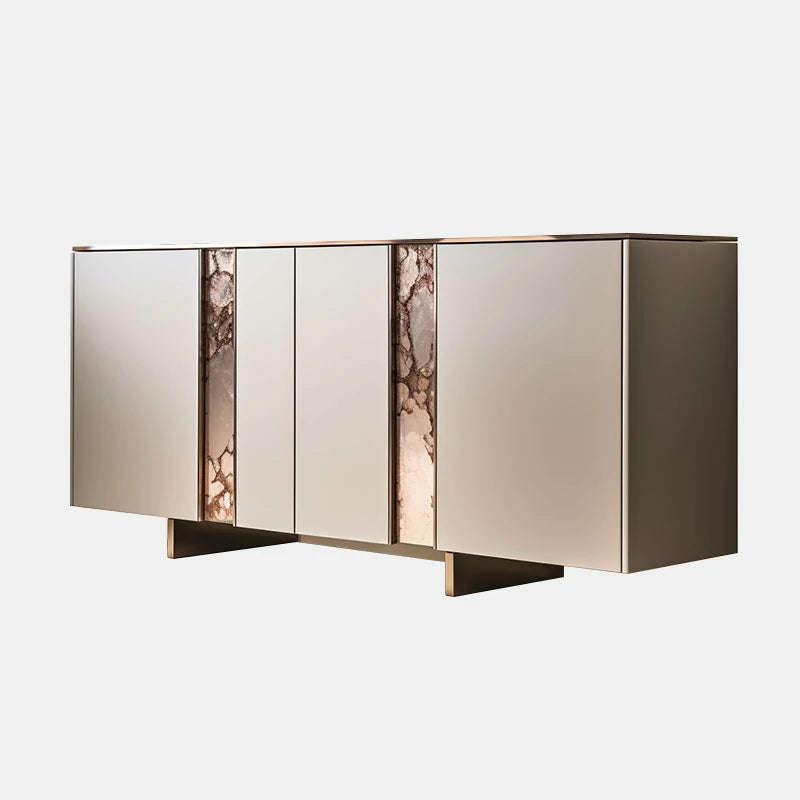 Sideboards & Bookcases
Sideboards & Bookcases
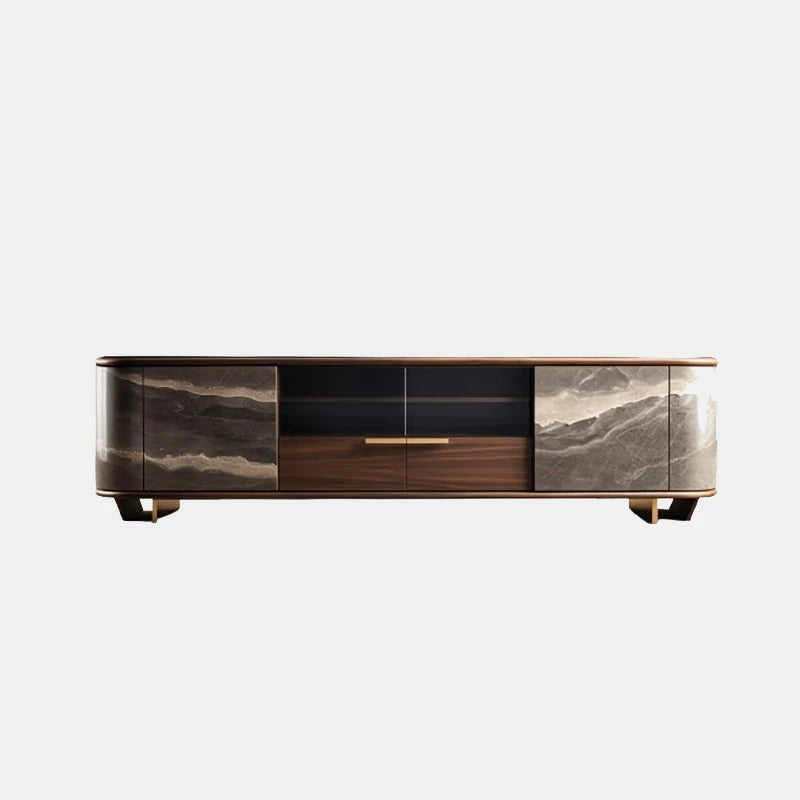 Console
Console
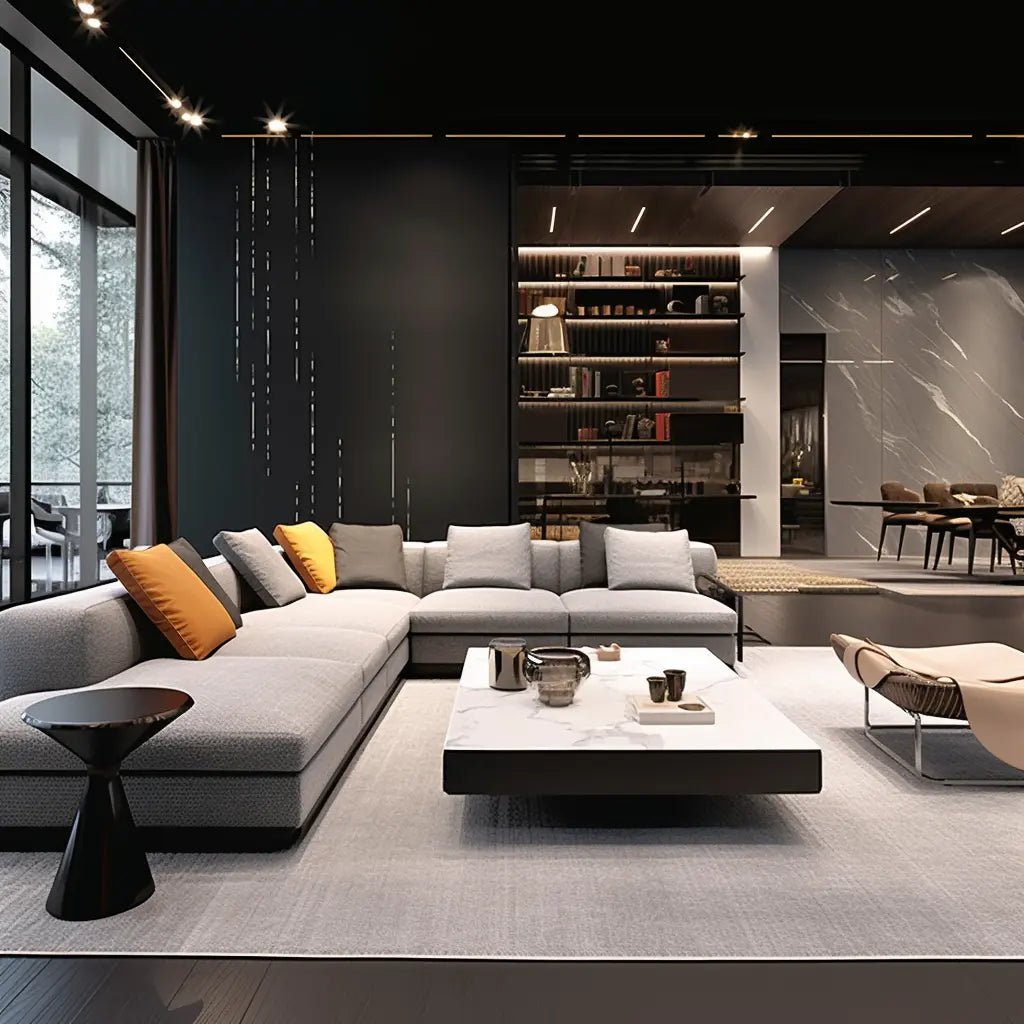 Livingroom
Livingroom
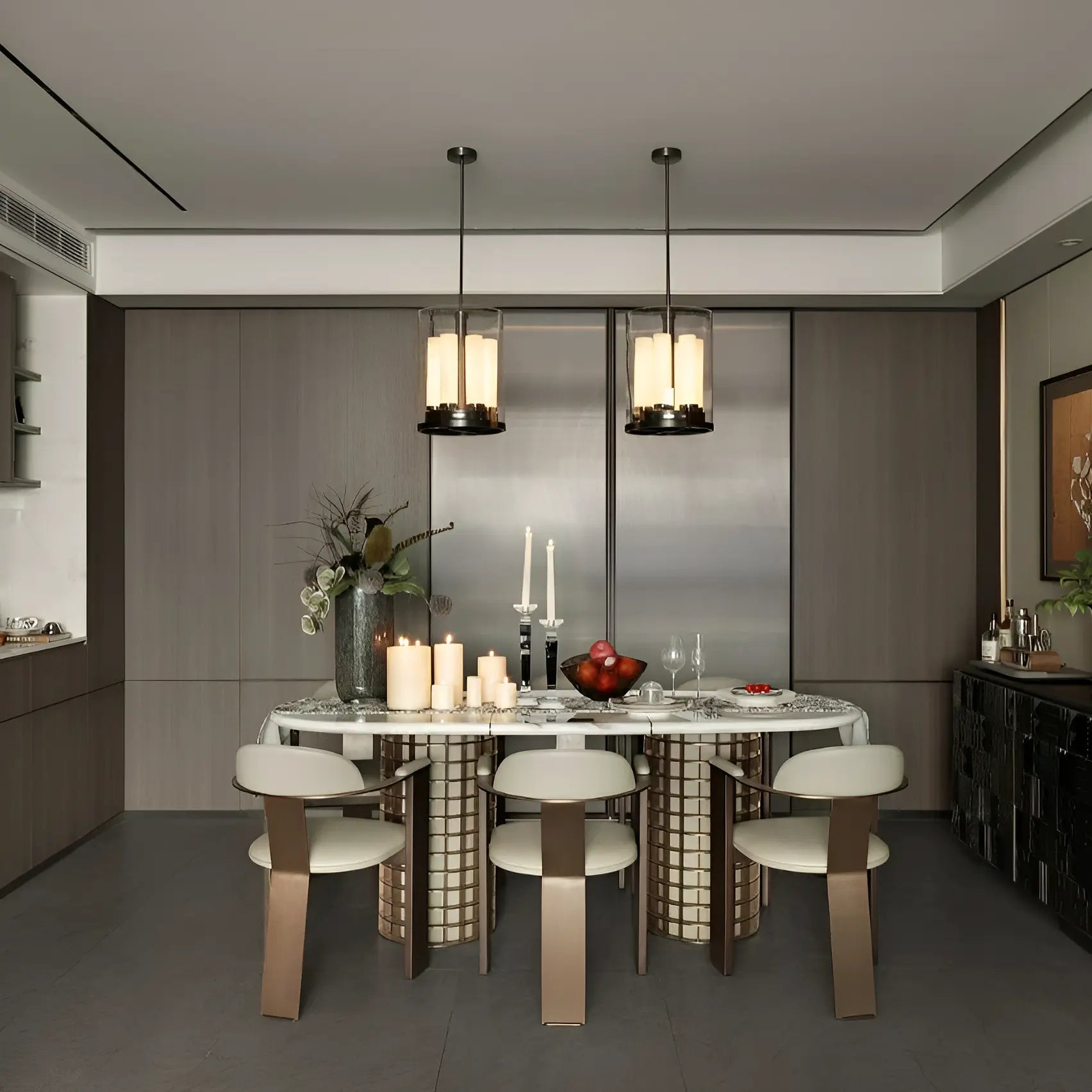 Diningroom
Diningroom
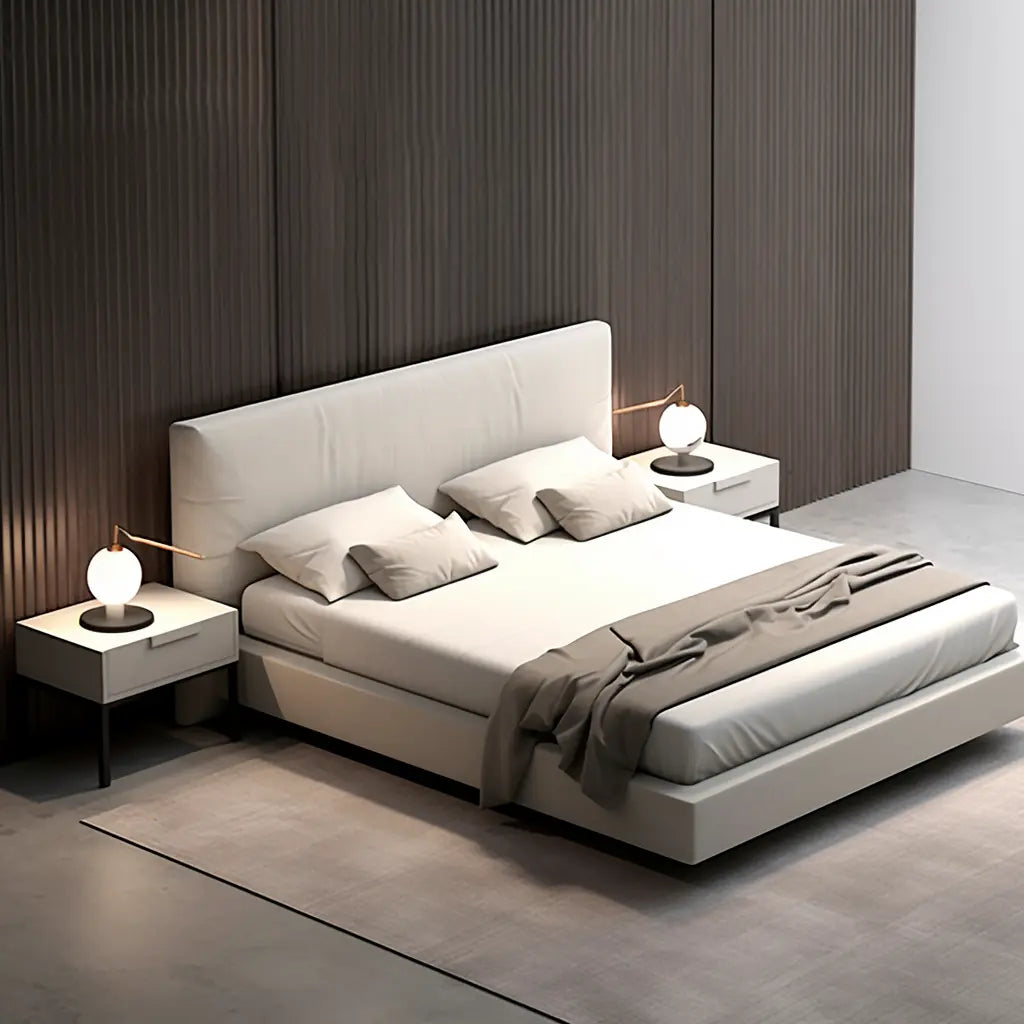 Bedroom
Bedroom
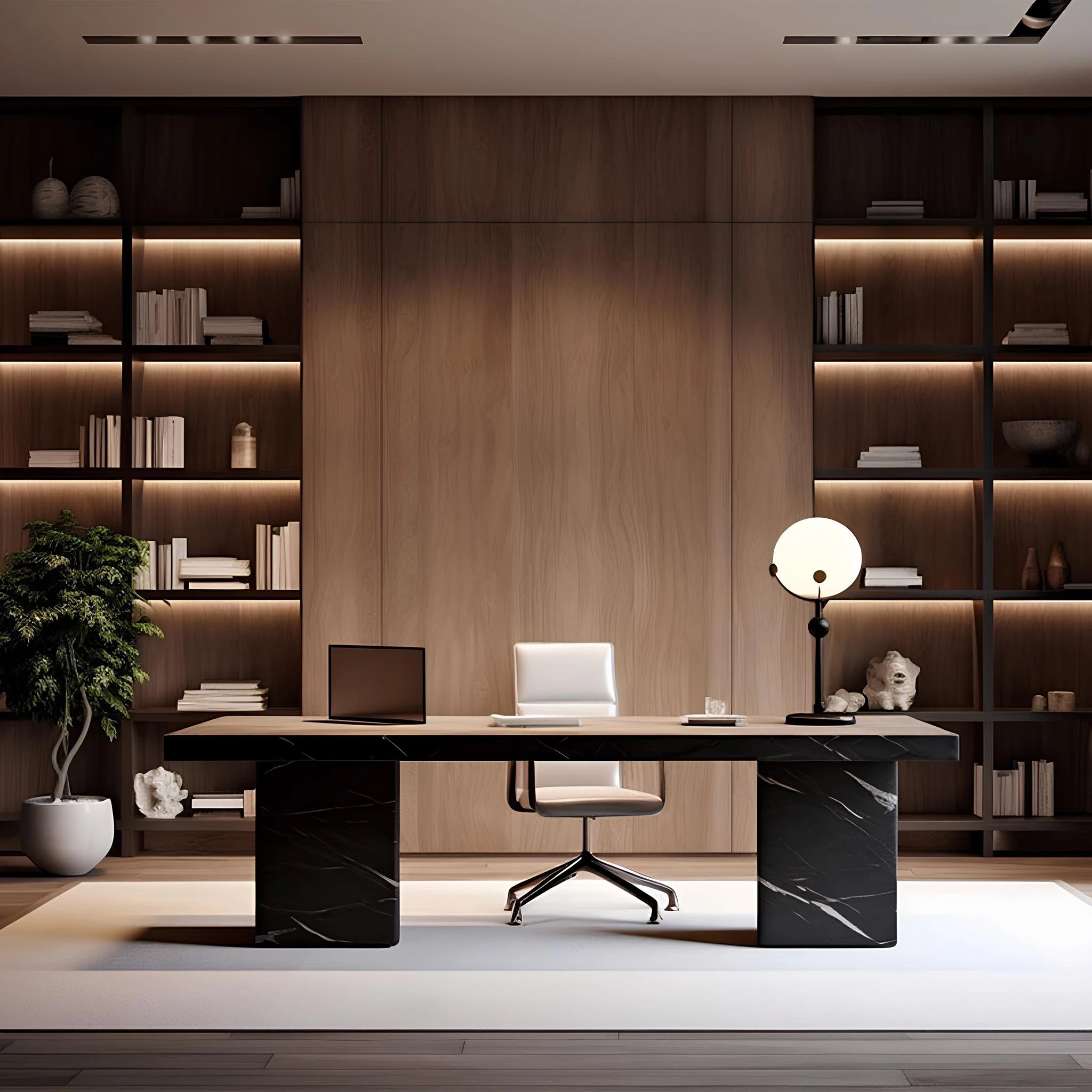 Officeroom
Officeroom
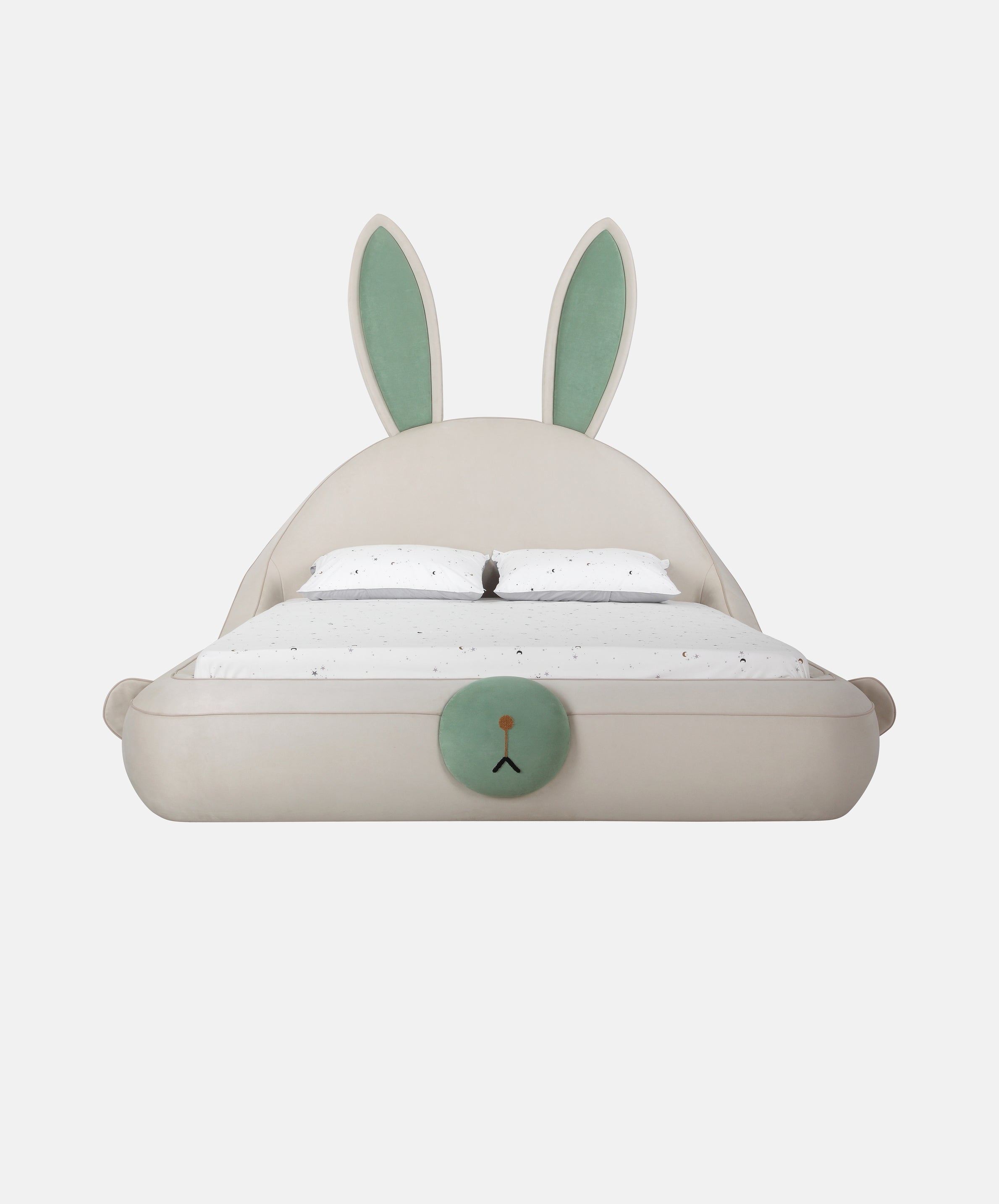 Cartoon & Children
Cartoon & Children


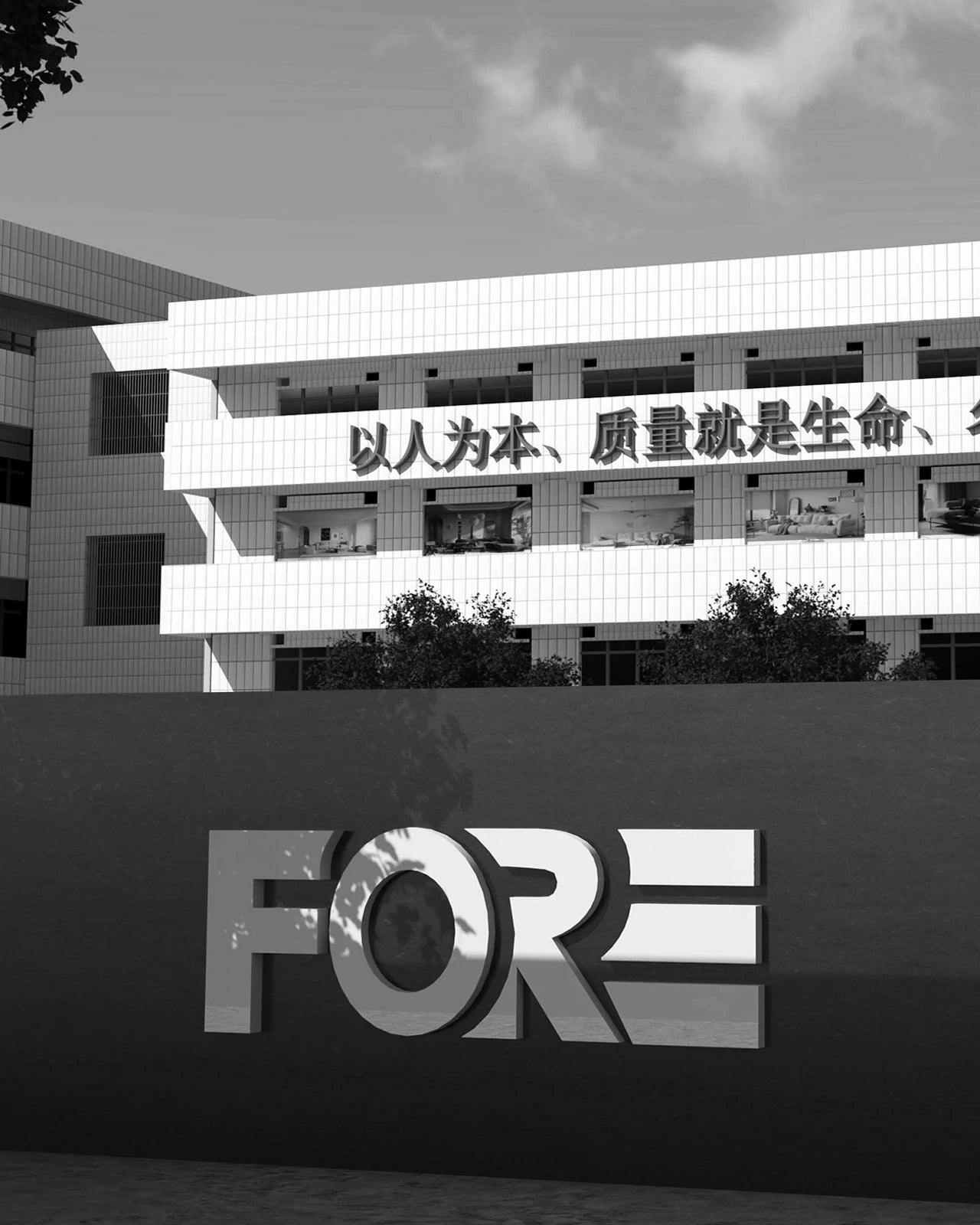
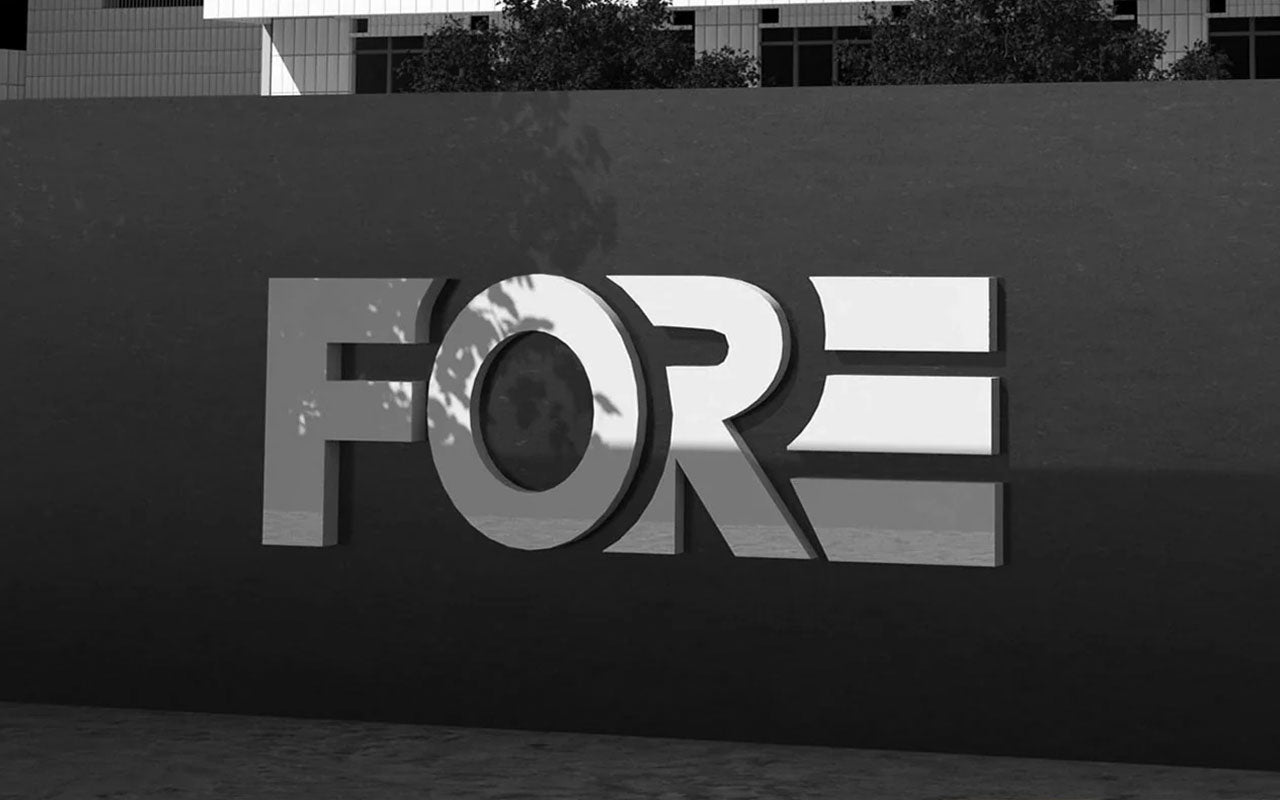
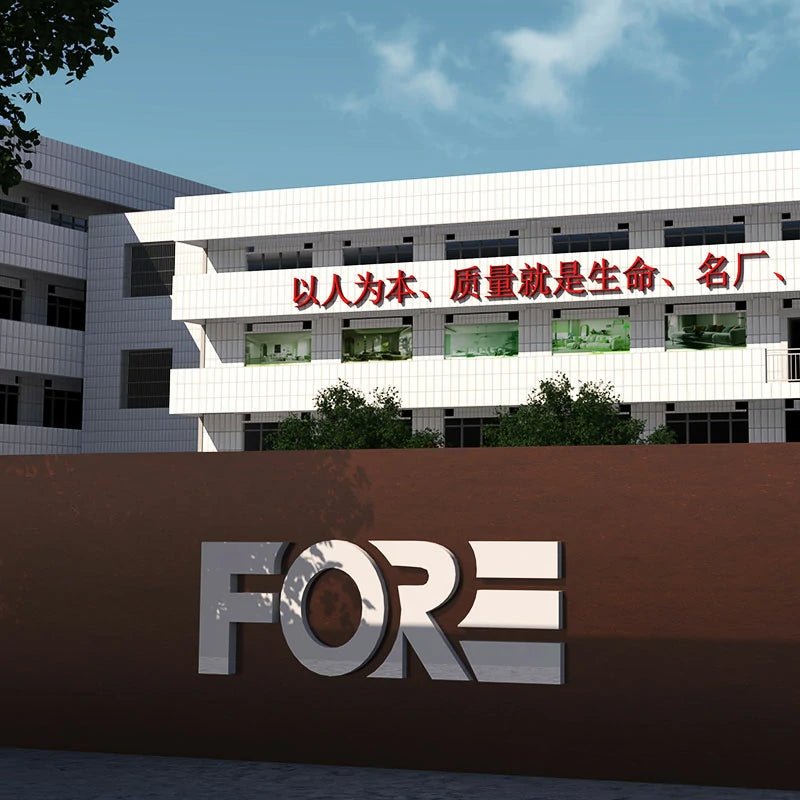 About Us
About Us
 Sustainability
Sustainability
 Gentle Wood and Soft Curves: An Ideal Home Scene
Gentle Wood and Soft Curves: An Ideal Home Scene
 The Philosophy of Life Around the Dining Table: Finding Peace Between Nature and Modernity
The Philosophy of Life Around the Dining Table: Finding Peace Between Nature and Modernity
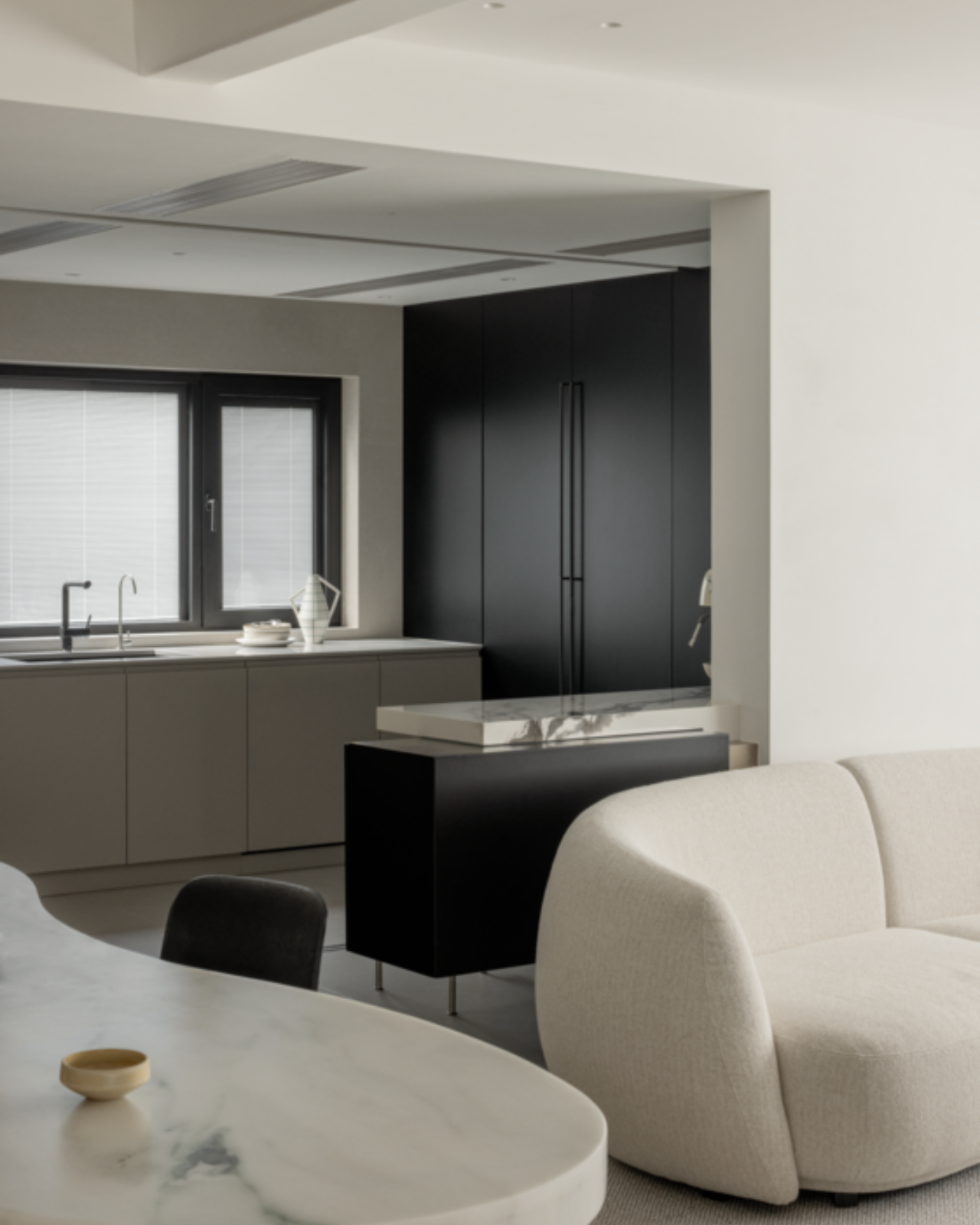 The Fusion of Comfort and Art: The Story of the Sofa at Home
The Fusion of Comfort and Art: The Story of the Sofa at Home


